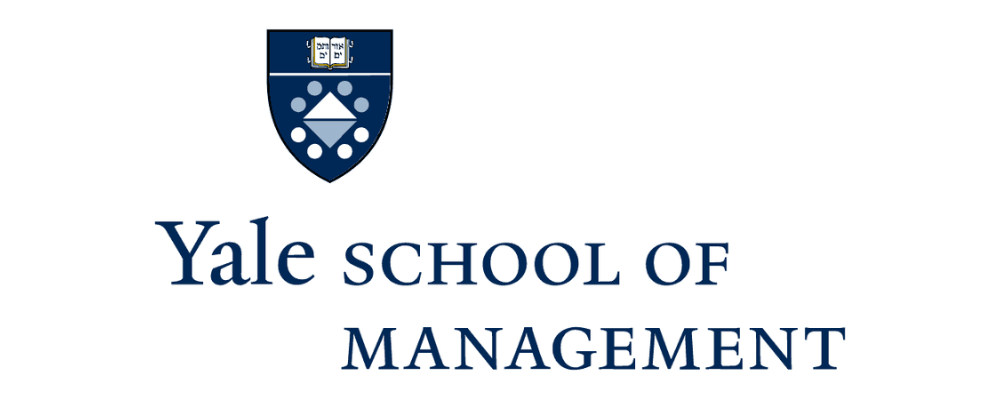
This commentary was adapted from episode 145 of the Health & Veritas podcast.
Trachoma is a disease I am certain I learned about in medical school and probably forgot sometime after I took part three of my boards in 1990. Why? Because it doesn’t occur in the United States—or at least rarely enough that I would never see it as a student or intern—and it is not a disease that involves radiologists. But it remains a common cause of blindness in the world. Happily, though, there is some good news to report.
Briefly, Chlamydia trachomatis affects about 80 million people throughout the world, primarily causing disease in poorer areas with poor sanitation, and often for children; there are reports that as many as 60–90% of children in some areas of the world may be actively infected at a given time. Africa is the continent that is most affected at the current time.
The infection can mimic benign conjunctivitis. But it can be devastating in its untreated form, particularly with repetitive infections. It causes distortions to the lids and eyelashes that ultimately scar the cornea, leaving the individual with blindness—a 100% preventable form of blindness. The result is 1.2 million people who are completely blind, and another 1 million with materially reduced vision. And once they are blind, the condition is permanent: you can’t treat it with antibiotics or surgery at that point.
The public health approach to this disease is not particularly costly. It goes by the acronym SAFE:
- Surgery to correct chronically affected eyelids, etc.
- Antibiotics to treat the active disease: Pfizer is known to donate azithromycin for this purpose
- Facial cleanliness
- And Environmental changes, such as sanitation.
The World Health Organization has set 2030 as the date for global elimination. And after setbacks during COVID, more progress is now being made. In fact, this week, India was certified by the WHO as having eliminated trachoma as a public health problem.
We oftentimes are focused on diseases of the rich developed world and can forget that so many people suffer from blindness or elephantiasis, or die from malaria—all conditions that can be eradicated if we just have the will to do it. And India, working with the global community, has done just that.
There is always bad news or new concerns on the horizon, and it’s important to pay attention to them. But every so often, I feel incredibly inspired by my global health colleagues, who are making a difference every day: working with people, with governments, with clergy and other community leaders, to materially improve the lives of so many.
“The Yale School of Management is the graduate business school of Yale University, a private research university in New Haven, Connecticut.”
Please visit the firm link to site




